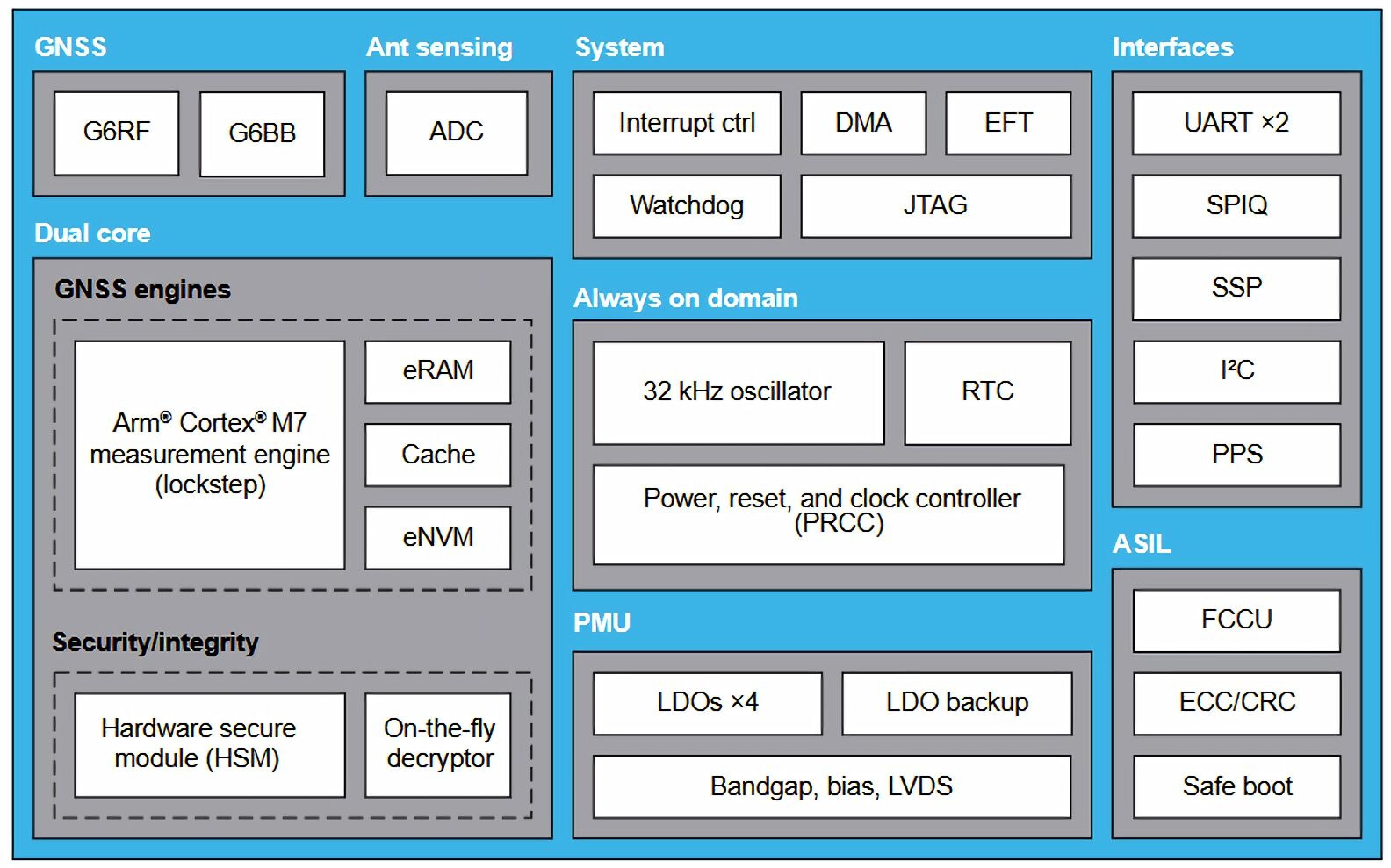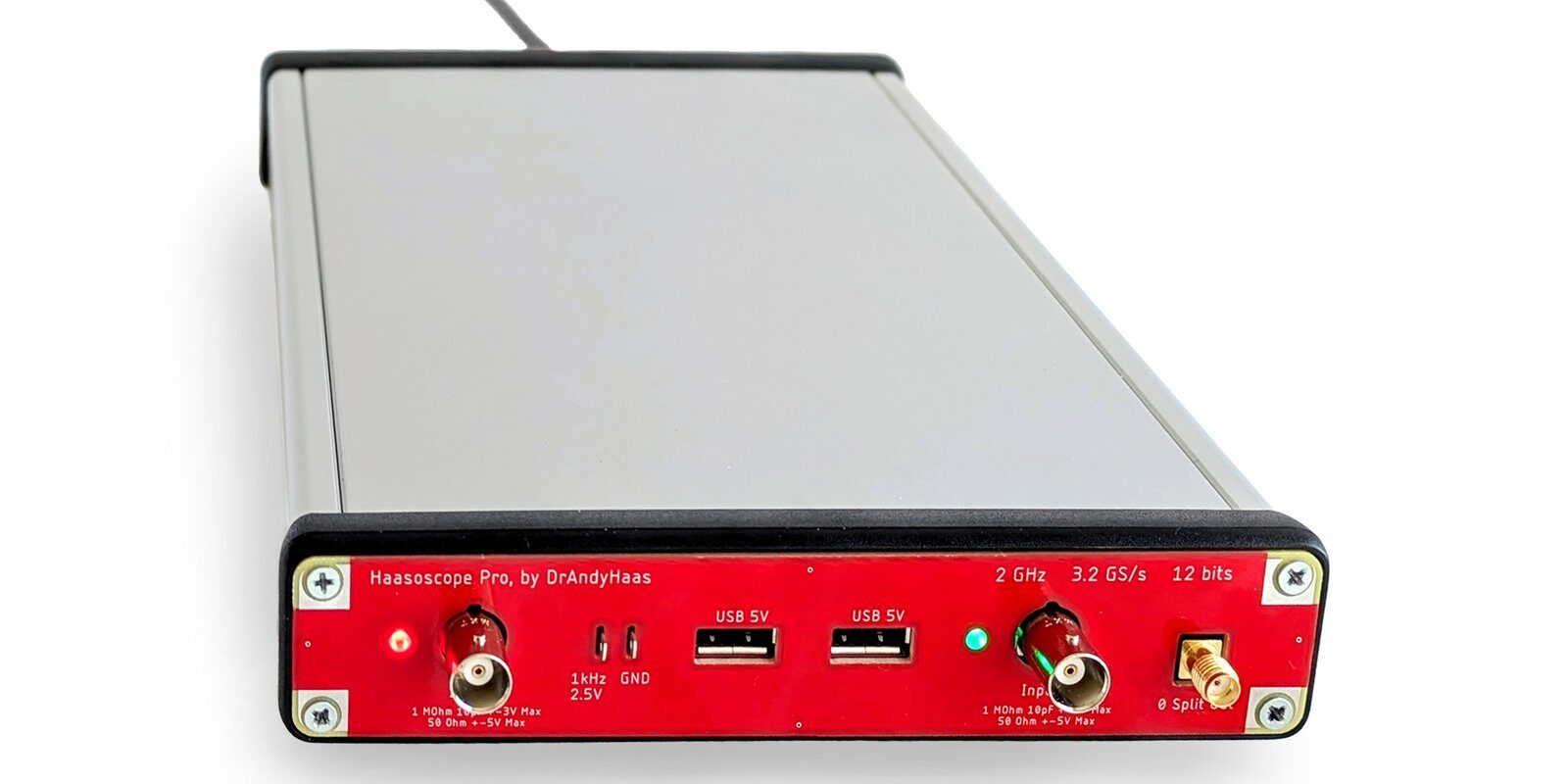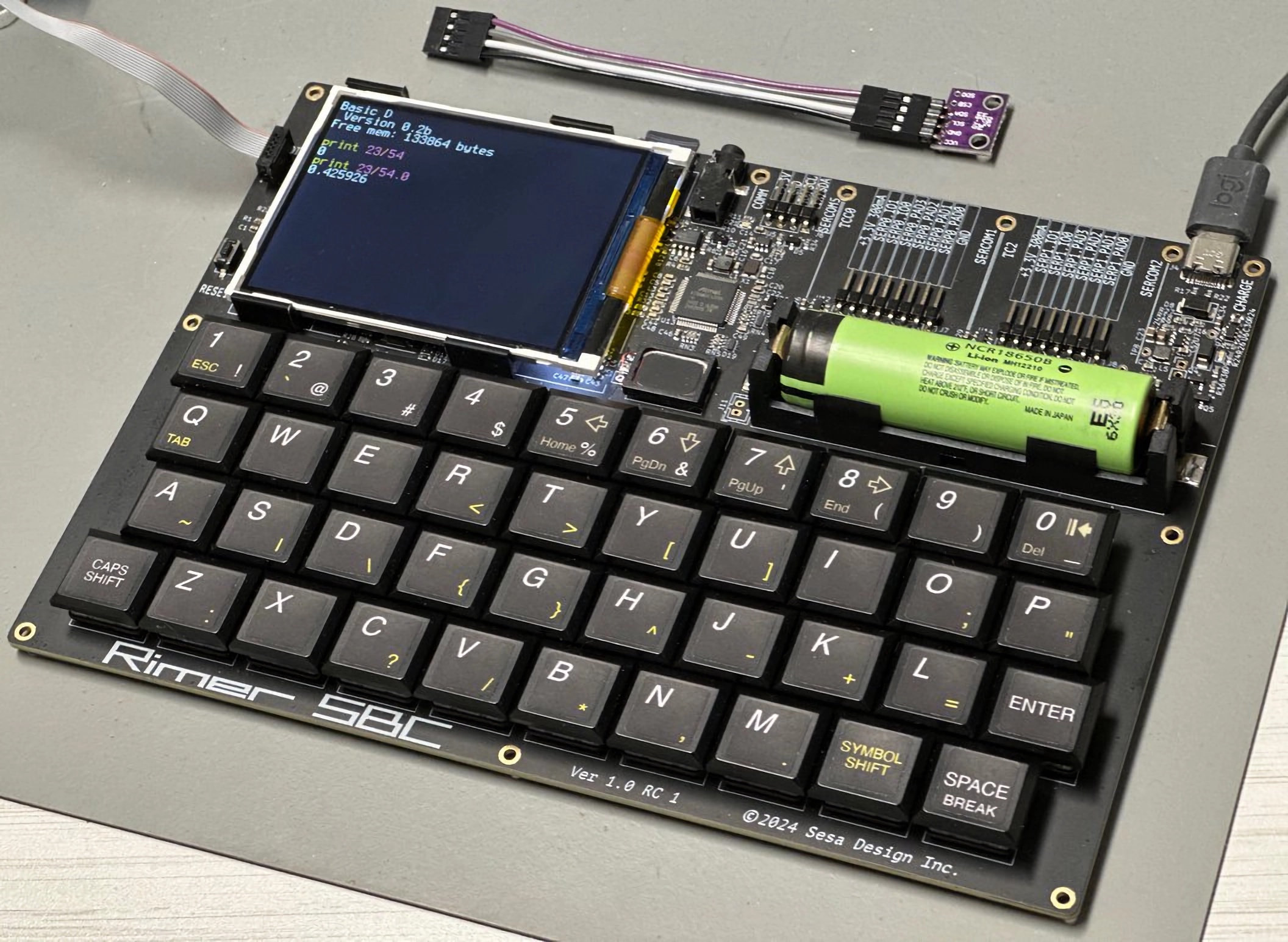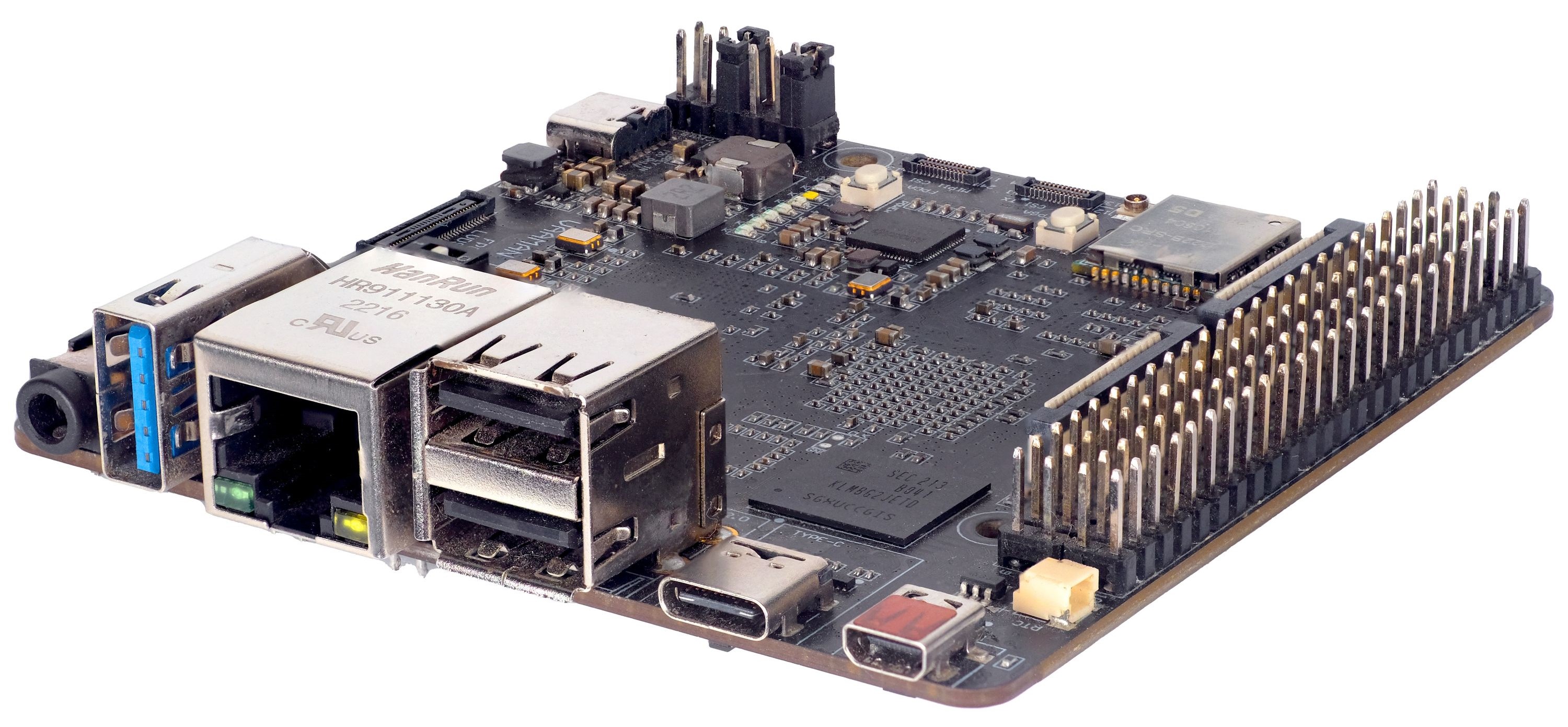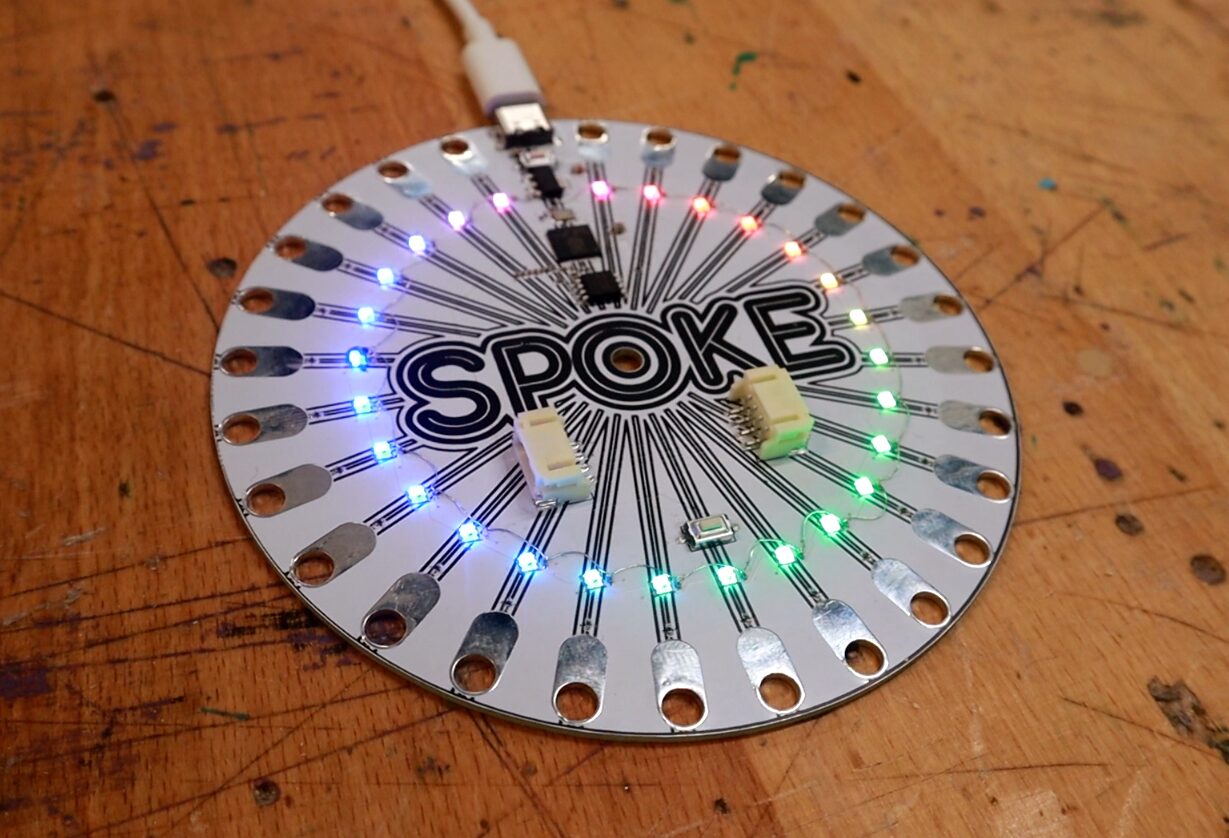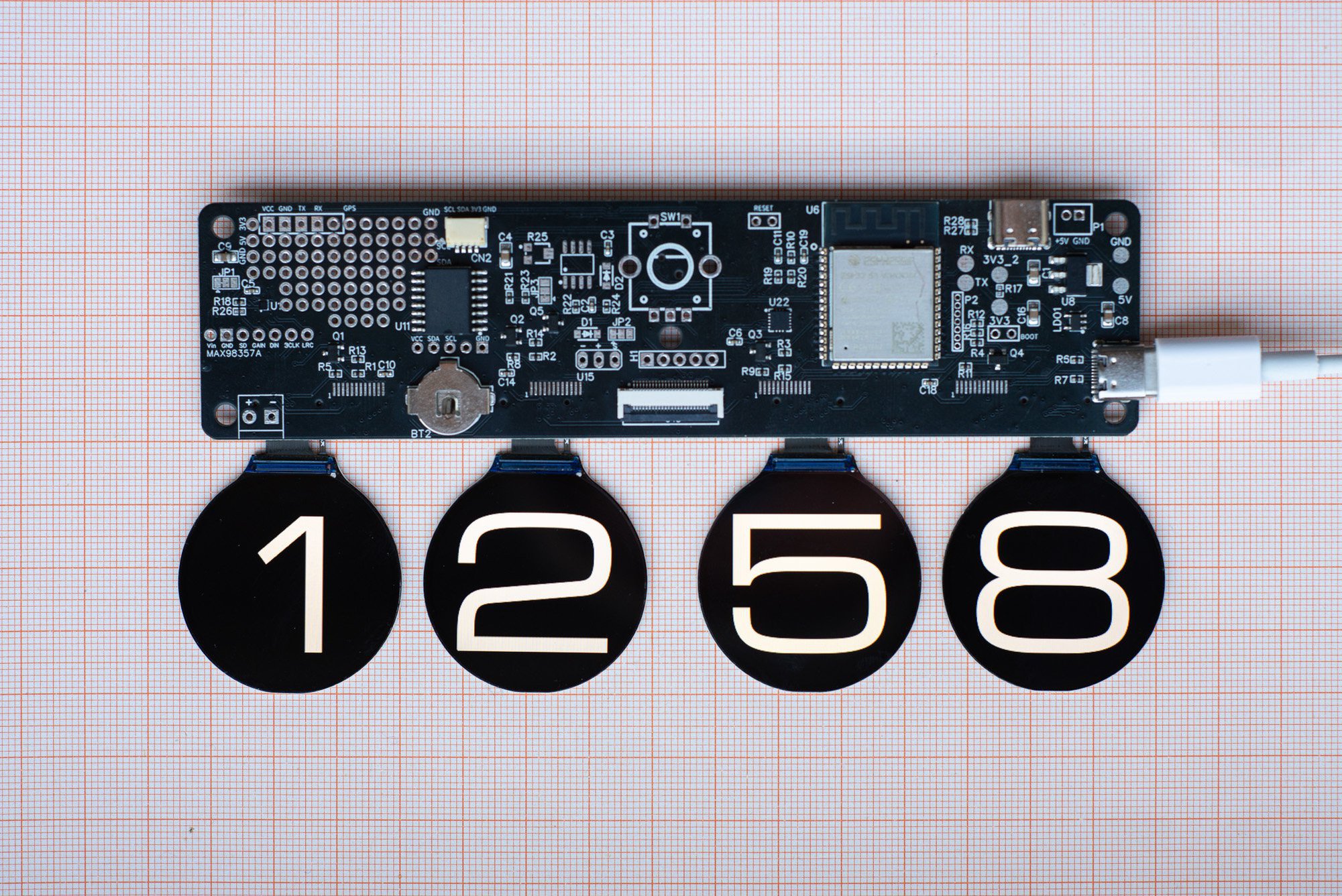STMicro has launched the Teseo VI family of global navigation satellite system (GNSS) receivers for high-volume precise positioning applications. These quad-band GNSS receivers support multiple constellations and frequency bands, enabling high-accuracy positioning for various automotive and robotics applications. The Teseo VI quad-band GNSS receivers are described as the first chips in the market to “integrate multi-constellation and quad-band signal processing in a single die.” The single-chip design allows for compact products and accelerates time to market. The new Teseo VI GNSS family includes the Teseo VI STA8600A, Teseo VI+ STA8610A, and the Teseo APP2 STA9200MA. All variants integrate dual independent Arm Cortex-M7 cores with ST’s proprietary phase change memory (PCM) technology, eliminating the need for external memory. They are targeted at applications in advanced driving systems, autonomous vehicles, asset tracking, smart agriculture, and robot deliveries. Other quad-band GNSS modules include the Quectel LG290P and u-blox X20. Teseo VI STA8600A, VI+ […]
Haasoscope Pro open-source, real-time sampling USB oscilloscope supports up to 2GHz bandwidth (Crowdfunding)
The Haasoscope Pro is an open-source hardware, high-bandwidth, and real-time sampling USB oscilloscope. Building upon its predecessor, the Haasoscope, the new Pro model offers a bandwidth of 2GHz, 12-bit resolution, and a 3.2GS/s sampling rate. The Haasoscope Pro USB oscilloscope is “designed to be low cost, while maintaining super-fast performance.” While it only comes with 2 channels, the flexible design makes it possible to combine and sync multiple devices (using Cat5 cables) to double the sample rate or add more channels. The oscilloscope works with standard x10 passive probes but a custom active probe, the Haasoscope Pro-be, is also offered. It supports the full 2GHz analog bandwidth and is priced much cheaper than similar probes. The Haasoscope Pro USB oscilloscope’s high sampling rate and bandwidth make it ideal for radio frequency signal analysis and high-speed digital debugging. It is similar to the ThunderScope Thunderbolt and PCIe oscilloscope which offers more […]
Halliday Proactive AI Smart Glasses feature invisible display, real-time translation, and hands-free control for $369+ (Crowdfunding)
Like the wearable voice-activated assistants last year (Rabbit R1 and Humane AI), smart glasses have become quite trendy and will likely be the most popular AI-enabled form factor this year. The Halliday smart glasses are a pair of AI-enabled smart glasses with an invisible display and a proactive assistant that “helps before you ask”. The Halliday smart glasses integrate a small display module into the frame, unlike the Loomos and Looktech smart glasses launched earlier this year through crowdfunding campaigns. The display module, DigiWindow, is described as “the world’s smallest display module at 3.5mm” and invisible to onlookers. It uses a monochrome green MicroLED with projection optics to allow users to access information without obstructing their field of view. The Halliday proactive AI smart glasses come in a lightweight frame, weighing only 35 grams. They can be controlled by voice, the included controller ring, a rapid button for shortcuts, or […]
Rimer SBC is a Microchip SAMD51 Cortex-M4-based development board with a built-in LCD, keyboard, audio, and battery
The Rimer SBC is a development board based on a Microchip SAMD51 Cortex-M4 microcontroller and designed as a complete standalone playground with a built-in display, keyboard, audio input and output, a few I/Os, and a 60x20mm LiPo battery or an optional 18650 battery holder. It is specifically based on the Microchip ATMSAMD51J20A microcontroller, running at 120MHz with 1MB of flash memory and 256KB of RAM, and utilizes many of the peripherals available in the TQFP64 package. The board includes a 3.2-inch 320 x 240 IPS TFT LCD connected via high-speed SPI and a 40-key mechanical keyboard scanned via an I2C GPIO expander. It also features an amplified 700mW speaker output and buffered analog input and output is routed via the 3.5mm audio jack. The Rimer SBC’s standalone nature makes it suitable for on-the-go development, rapid prototyping, and educational purposes without the need for external hardware. The maker also plans to […]
Loomos AI smart glasses integrate GPT-4o, offer a 16MP camera and hi-fi audio for $199+ (Crowdfunding)
Chinese power supply company, SHARGE, has launched a pair of GPT-4o-powered smart glasses with a 16-megapixel camera capable of capturing 4K photos and 1080p videos. Like the Looktech AI glasses and Meta Ray-Ban series, the Loomos AI smart glasses have no onboard display. Instead, they feature a microphone array, onboard speakers, and side buttons for user control and feedback. The Loomos glasses are powered by a 2.0Ghz UNISOC quad-core processor and come integrated with the multi-modal GPT-4o for real-time AI assistance. The stated battery life is much more impressive than the competition at 40 hours of standby time (from a 450mAh battery). The company also offers a 6,500mAh neckband power bank for uninterrupted all-day wearing. The company promises security and privacy with the glasses. Data is processed anonymously with TLS encryption and users retain full control of their data. The glasses also include an indicator light to alert people around […]
Vaaman reconfigurable edge computer features Rockchip RK3399 SoC and Efinix Trion T120 FPGA (Crowdfunding)
Vaaman is a reconfigurable single-board edge computer that integrates a Rockchip RK3399 hexa-core ARM processor with an Efinix Trion T120 FPGA, offering a reconfigurable platform for edge computing applications. The board combines the flexibility of an FPGA with the raw power of a hard processor to create a system capable of adapting to varying computational demands in real time. The compact SBC features the Rockchip RK3399 hexa-core processor with two Cortex-A72 cores and four Cortex-A53 cores, as well as an Efinix Trion T120 FPGA with 112,128 logic elements, interlinked with RK3399 via a high-speed 300Mbps bridge (but it’s unclear how this is implemented). It is billed as a “Raspberry Pi-style board for the FPGA world” that can be used for cryptographic acceleration, software-defined radio (SDR), digital signal processing, real-time robotics, real-time video processing, edge AI deployments, industrial automation, and hardware prototyping. It features a 40-pin Raspberry Pi-compatible GPIO header and […]
SPOKE capacitive touch sensor board targets interactive computer interfaces (Crowdfunding)
SPOKE is a Raspberry Pi RP2040-based capacitive touch sensor board for interactive computer interfaces. It is designed to simplify the integration of touch-based control into various projects. SPOKE features up to 27 sensor inputs and can “turn almost any conductive material into a sensor” to control almost any computer input. Potential applications include music making, video game controlling, typing, and general software controlling. The board was designed by Tom Fox, an educator, maker, and musician in the UK. According to him, the board is accessible to beginners getting started with touch sensing while retaining enough power and customizability for professional use. It works with several conductive materials, including copper pipes, conductive paint, aluminum foil, pencils, conductive filaments, fruits, fabrics with conductive threads, and metallic surfaces. It can also be used with a non-conductive material (such as plywood) if a conductive material (e.g. tinfoil) is behind it. The fully-featured SPOKE capacitive […]
QuadClock PCB – An ESP32-S3 multi-display clock controller for DIY enthusiasts
The QuadClock PCB is an ESP32-S3-powered multi-display clock controller designed to serve as a foundation for creating a four-TFT-display clock. It supports up to four 1.69-inch rectangular TFT displays (240×280) or four 1.28” round displays (240×240). It manages essential functions such as driving the displays and maintaining precise time, allowing you to focus on crafting a unique enclosure or integrating additional features. It is open-source and is powered by the ESP32-WROOM-1 module with up to 16MB flash and 2MB PSRAM. It supports independent brightness control for each mounted display via four MOSFETs and includes an onboard real-time clock with a backup battery for accurate timekeeping. The QuadClock PCB is designed for enthusiasts and makers interested in creating multi-display clock projects. It can also be used for stock tickers, weather displays, and smart home dashboards. We previously covered the 2×2 Quad Display board with either Raspberry Pi Pico W or ESP32-S3-WROOM-1 […]


